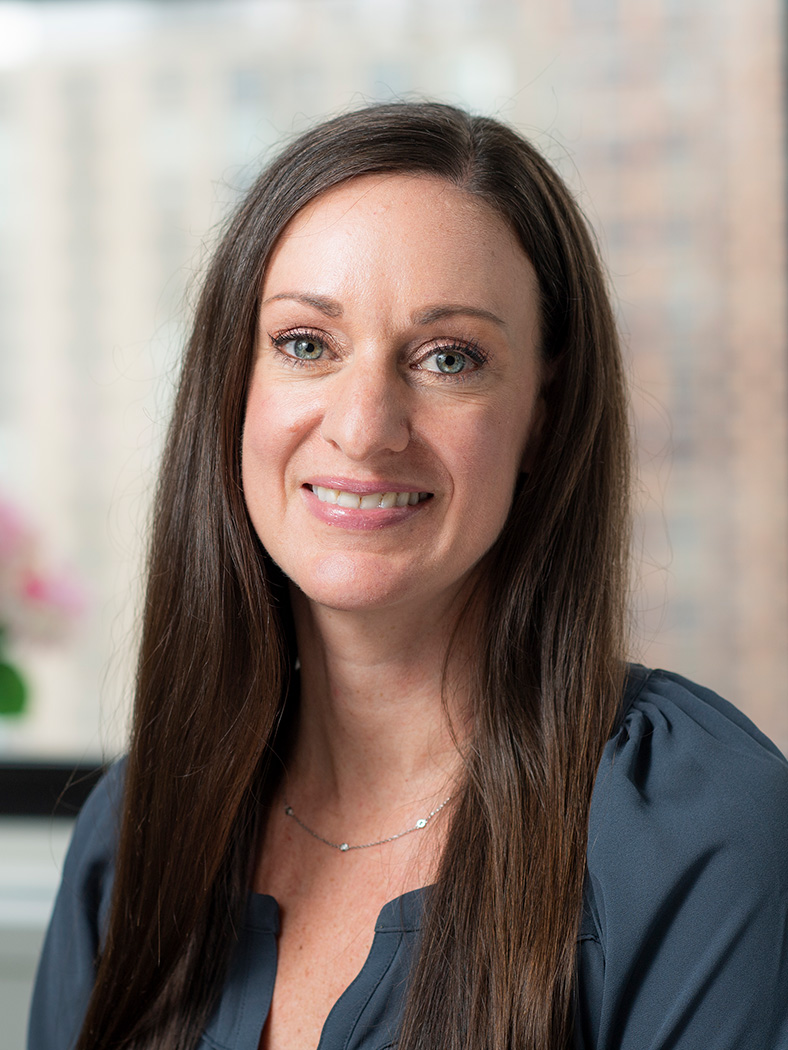Q. Are there books written specifically for children that can help them understand and cope with a parent's cancer diagnosis?
After talking to your child about a cancer diagnosis, books can be a helpful follow-up to encourage learning more about cancer, exploring feelings and asking questions. It can also be a nice opportunity to spend quiet time together or give your child some autonomy to learn independently. Books or other publications are available for different age groups and developmental stages. It is important to choose books that are appropriate for your child by not only looking at the recommended age on the book, but also by looking through the book in its entirety.
CancerCare offers publications and fact sheets:
- Mom or Dad Has Cancer… Now What?
- Helping Children Understand Cancer: Talking to Your Kids About Your Diagnosis
- Helping Teenagers When a Parent Has Cancer
- Helping Children When a Family Member Has Cancer (booklet)
Suggested Books for Children
- Mom and the Polka Dot Boo Boo tells a story about a young mother’s journey through breast cancer (ages 2-5)
- Our Mom Has Cancer helps children understand and cope with a parent’s cancer (ages 5-12)
- Our Mom is Getting Better and Our Dad is Getting Better helps children understand a parent’s special needs when recovering from active treatment (ages 5-12)
- Because Someone I Love Has Cancer offers activities to help children navigate a loved one’s cancer experience (ages 6-12)
- A Tiny Boat At Sea: How to help children who have a parent diagnosed with cancer By Izetta Smith (all ages)
- Our Family Has Cancer Too! By Christine Clifford. A cartoon illustrated book that describes a family’s experience with cancer and how they coped. Ages 3-16.
- Life Isn’t Always a Day at the Beach By Ganz High Five Publishing. A cartoon illustrated workbook for kids to color themselves to help kids learn and understand their feelings about their parent’s cancer. Ages 4-13.
Kids Konnected has great resources for children and teens. They offer a teen book called Love Sick, which is a collection of thoughts and feelings shared by teens whose parent had cancer.
KidsCope has a free comic book called Kemo Shark to help kids understand cancer and chemotherapy.
The National Cancer Institute has excellent free booklets to help teens cope with cancer, including:
If you choose to share books with your child about cancer, be sure to check in with them to see if they have questions about what they read or if they want to talk about it. Our staff of professional oncology social workers are knowledgeable in children’s issues related to a parent’s diagnosis, sibling or other loved one. To speak with a social worker, call us at 800-813-HOPE (4673) or email info@cancercare.org.

 Answered by
Answered by